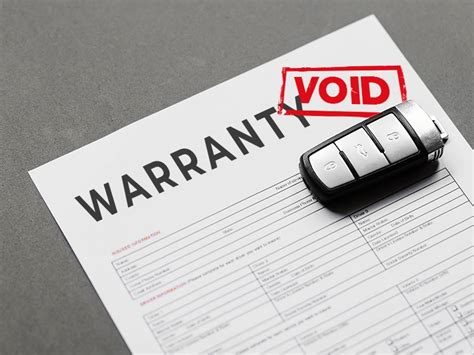A car title is a legal document that establishes the ownership of a motor vehicle. It is essential for selling, transferring, or financing a car. However, certain actions or circumstances can void a car title, potentially leading to legal complications and financial losses.

Grounds for Voiding a Car Title
The following grounds can render a car title void:
False or Fraudulent Information
- Providing false or misleading information on the title application, such as the vehicle’s year, make, model, or VIN number.
- Altering or tampering with the title to conceal existing liens or encumbrances.
Odometer Fraud
- Knowingly misrepresenting the vehicle’s odometer reading to increase its value or deceive potential buyers.
Counterfeiting or Forgery
- Creating a fake or forged title to impersonate an authorized owner.
- Altering or tampering with an existing title to conceal its true ownership or history.
Misappropriation of Title
- Obtaining a title under false pretenses or using the title to gain possession of a vehicle without authorization.
Other Grounds
- Failure to pay taxes or fees associated with vehicle ownership.
- Failing to register the vehicle within the required timeframe.
- Engaging in illegal activities, such as drug trafficking or theft, with the titled vehicle.
Consequences of a Voided Title
A voided car title can have severe legal and financial consequences:
- Legal Consequences: Voiding a title renders it legally invalid, making it impossible to transfer or sell the vehicle. Additionally, it may lead to criminal charges for fraud, forgery, or other offenses.
- Financial Losses: A voided title can result in the loss of the vehicle’s value and the inability to obtain financing or insurance. Buyers may be reluctant to purchase a car with a voided title due to its questionable ownership history.
How to Avoid Voiding a Car Title
To protect the validity of a car title, it is crucial to:
- Obtain the Title Promptly: Request the title from the seller immediately after purchasing the vehicle.
- Verify the Title’s Information: Carefully check the title for accuracy, including the VIN number, vehicle description, and ownership history.
- Report Errors or Discrepancies: If you discover any errors or discrepancies on the title, contact the appropriate motor vehicle department promptly.
- Maintain Accurate Odometer Readings: Keep accurate records of odometer readings and report any discrepancies to the motor vehicle department.
- Avoid Fraudulent Activities: Do not engage in any illegal or fraudulent activities that could jeopardize the car title.
- Pay Taxes and Fees on Time: Ensure that all taxes and fees associated with vehicle ownership are paid on time to avoid suspension or revocation of the title.
Protecting Your Car Title
In addition to avoiding the grounds that can void a title, you can take proactive steps to protect your car title:
- Keep the Title Secure: Store the car title in a safe place and make copies for backup.
- Report Lost or Stolen Titles: Immediately report lost or stolen titles to the motor vehicle department.
- Obtain a Lien Release: If you have a lien on your car, obtain a lien release from the lender before selling or transferring the vehicle.
Conclusion
A car title is a valuable legal document that proves ownership and facilitates the sale and transfer of vehicles. Understanding the grounds that can void a car title and taking steps to avoid them is crucial to protect your investment and ensure the smooth transfer of ownership. By following these guidelines, you can safeguard the validity of your car title and enjoy the peace of mind that comes with owning a legally sound vehicle.
